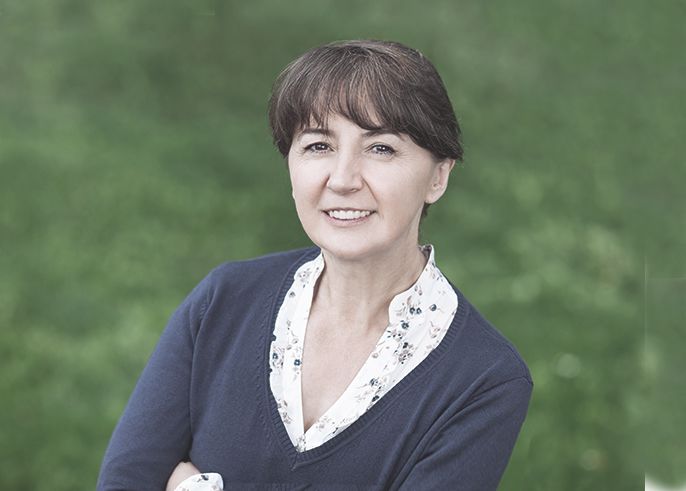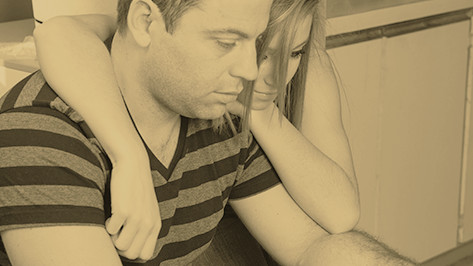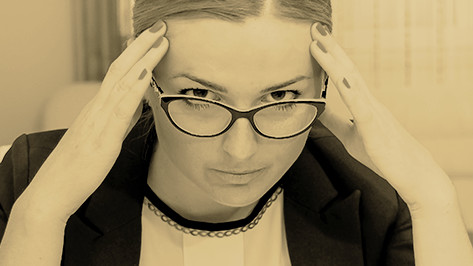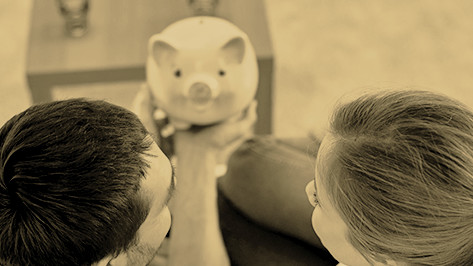Women, the same as Men, become wealthy several ways – they work hard and earn it, they inherit it, or their wealth can relate to a division of assets through divorce or relationship property settlement. Often it depends on the way a woman’s wealth occurs, as well as their experiences and beliefs with money, as to how good they are when it comes to investing it, spending it, wanting to give it away philanthropically or using it to support their children.
In this case study we have combined elements from many clients over many years to highlight common challenges our female clients encounter.
Meet Lorraine
Lorraine is recently widowed. The insurance her husband had the foresight to set up provided her with a decent sum of money after his sudden death. Now she is worried about what to do with it. She wants to protect her future and that of her children. She did not get involved in financial planning for herself or her children prior to her husband’s death. She was recommended to G3 by her family lawyer.

Lorraine is still feeling emotional about her family and future.
Having suffered such an extreme personal loss she is reluctant to trust people fully at the moment.
She has no experience with investing.
Work is important to her.
Relationships are everything.
Lorraine has never had to worry about finances before and is used to spending more than her current income will sustain.
- 57 years old
- Widowed 2 years
- 2 grown up children who are financially independent
- Working fulltime in a clothing retail store
- Owns own home freehold
- Has $1.4 million to invest
- Her money must remain secure and provide for her retirement
- She considers herself a conservative investor
- She would want to retire at 65
- She wants to learn more about investing and be educated in this regard
- She would possibly like to meet another man eventually to share her life with
- Travel is important to her
- Security is paramount
- To understand money better
- To learn to budget
- Secure investments
- Investments that achieve growth
- Someone to deal with her professional team on her behalf
We find women are typically:
Many women (but not all) who have not worked during their lives, having perhaps been supported financially by a husband during a time of raising a family, have often also left the financial side of their family life to their spouse, so paying bills, operating bank accounts, saving surplus income, investing it etc. suddenly becomes a whole new dimension to their life. They feel out of control, do not know where to go to get advice and have very little idea about how to manage their money for every day expenses and ensure they look after it to support themselves throughout life. Women tend to value security more than men, so when it comes to investing wealth they have inherited by any means, they often look to keep it in the bank – not always the best solution when they need to consider growing their money to keep pace with inflation.
Those women who have had a good lifestyle and have not needed to keep track of spending, suddenly find themselves unable to budget when they no longer have a bread winning partner to support them. They continue to spend as before and see their financial settlements dwindling fast. They haven’t had to learn to budget to date and do not know where to start.
Some women who have been widowed often need a period of time to grieve and settle into a routine without their partner. I guess this could be said for widowers too! Perhaps a year or so getting used to how life is and making choices about what they wish to do in the future, helps them decide upon the direction they wish to take in life, before being able to then get a handle on the money they now have solely in their names. Many may come through this wealth via a life insurance or terminal illness payment from an insurance policy and so this could be first time they have experienced wealth and need guidance and advice on how they can protect it, pay off debt and/or invest it wisely for their future.
Women need to trust their advisers, be able to build an open and honest relationship with them and be nurtured, educated, coached, but not patronised.
How can we assist?
- As women ourselves, we understand the different beliefs and emotional drivers that affect the decisions women make, so we empathise
- We provide knowledge and education to empower women to take control, particularly if they have not had to deal with the financial side of their lives previously
- We provide support, guidance and advice on all financial matters that will make their life easier, stress free and provide choices for them to make good decisions for their future
Our Process


CALL G3 NOW 07 571 5333 TO RECEIVE YOUR NO OBLIGATION,
PROFESSIONAL CONSULTATION AT OUR COST.
Our Services
All of our services can be provided separately as required. However we find in most situations our clients require their own particular combination. We follow the process pictured above to ensure we provide each client with exactly the service to suit circumstance and budget.







